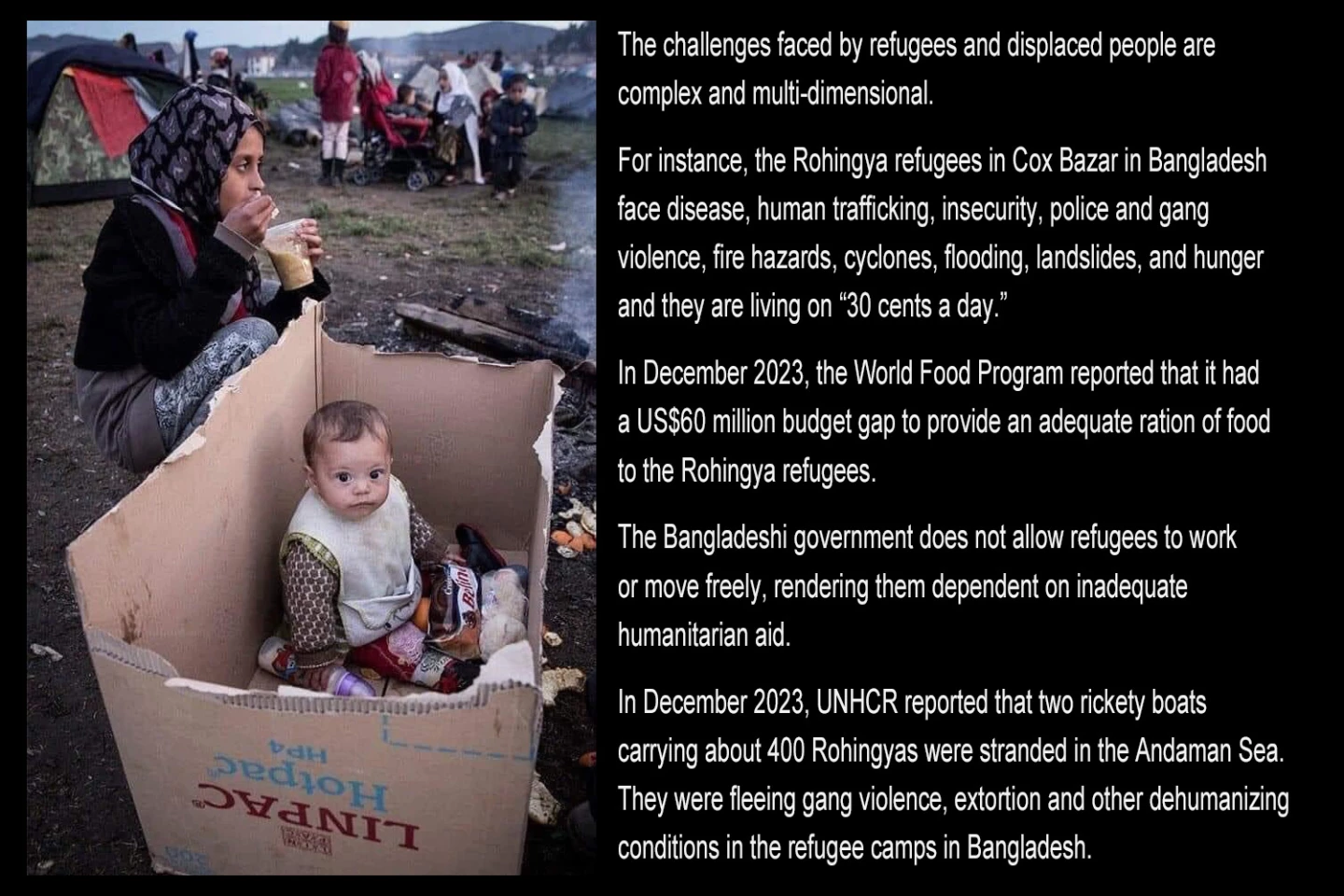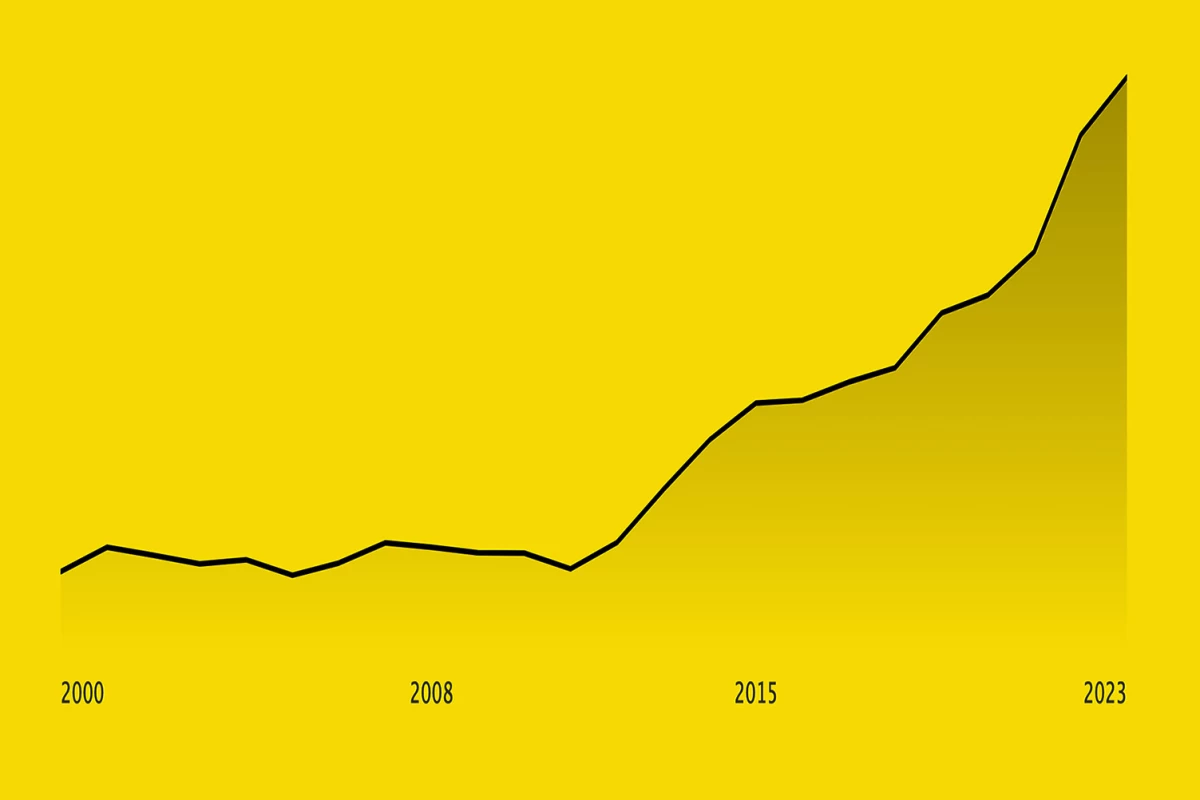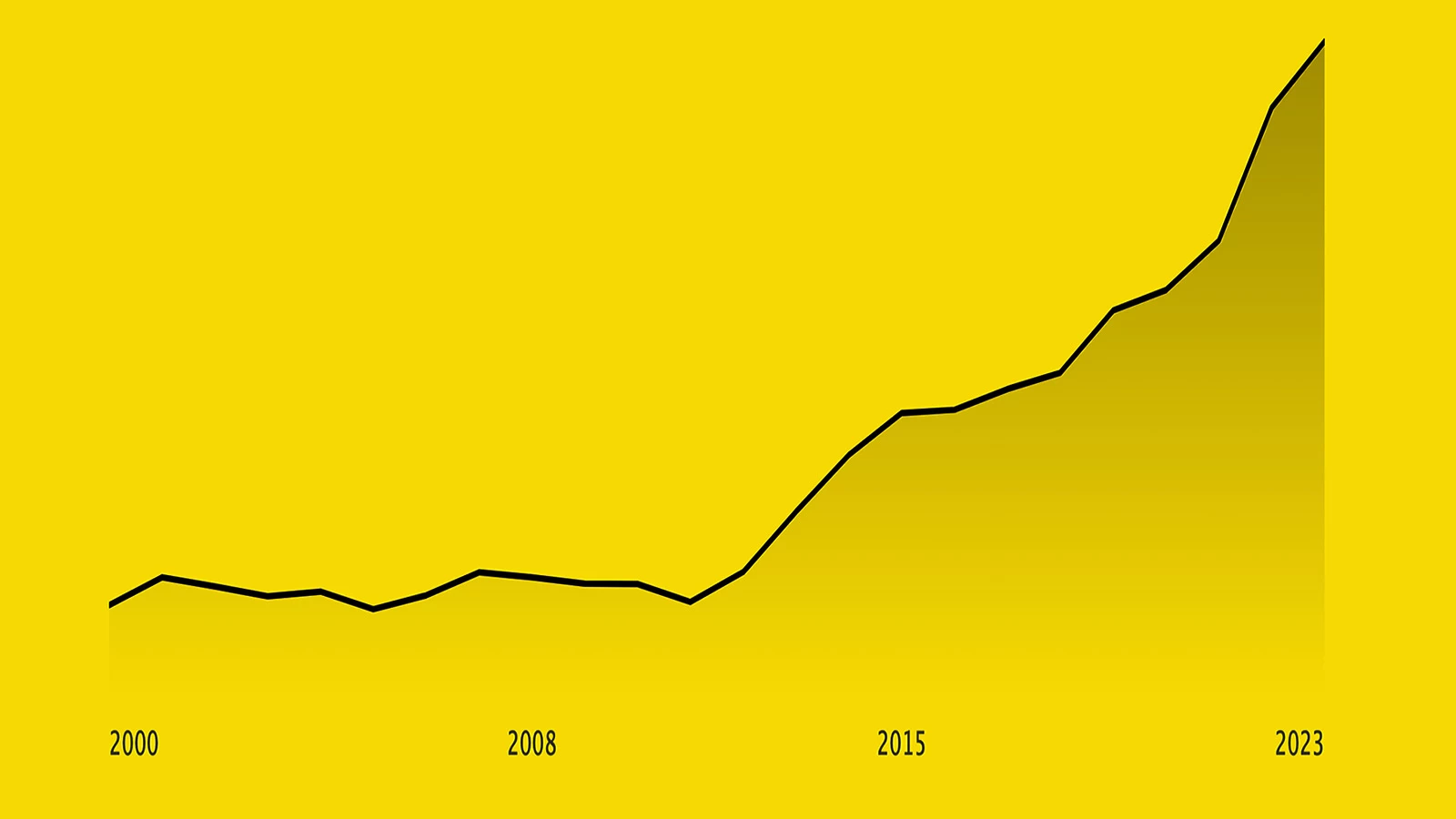Today (June 20) is World Refugee Day and with people across the world experiencing an overload of angst these days, we wanted to make sure you were aware of the importance of the day and the perilous plight of your fellow humans ... because the world is now producing refugees in record numbers.
Do a bit of historical research and you'll realize that mistreating refugees has been traditional for centuries, and we are continuing to mistreat them. From the French Protestants (Huguenots) of the 18th century to the Irish fleeing the Potato famine of the 19th century, forcibly displaced peoples have been routinely mistrusted and mistreated, but never in the numbers that are evident today.
There are now more than 120 million displaced refugees in camps around the world, and many are starving simply because they aren't allowed to work in their host country, and the amount of money available is not enough to feed them.
Imagine being forced to flee your home and leave behind everything you can't carry.
Imagine starting from scratch again in another country with no money and one or more children. The thought alone is debilitating, but this year more than 120 million people are facing exactly that same bleak and uncertain future.

Of the 117.3 million humans displaced at the end of 2023, 40% (47 million) were children, 73% come from just five countries (Afghanistan, Syria, Venezuela, Ukraine and South Sudan) and 40% are hosted in just five countries (Iran, Turkey, Colombia, Germany, Pakistan). Indeed, most refugees are hosted by third world countries, because the wealthy countries don't want them.
According to the UNHCR’s Global Refugee Forum, held in December 2023, the number of refugees is estimated to be at least 130 million by the end of 2024, but with the conflicts raging in South Sudan, Ukraine and Myanmar, that number could be a lot higher by the close of the year.
The global refugee crisis deserves a collective response and equitable responsibility sharing from the international community but with the politicization of everything these days, refugees are a soft target for politicians, and uncomfortable news doesn't attract readers and hence doesn't get covered nearly as much as it should by the media.
If you wish to donate to UNHCR you can do so here, though Amnesty International currently has benefactors matching donations dollar-for-dollar, so you can double the effectiveness of your kindness here.





